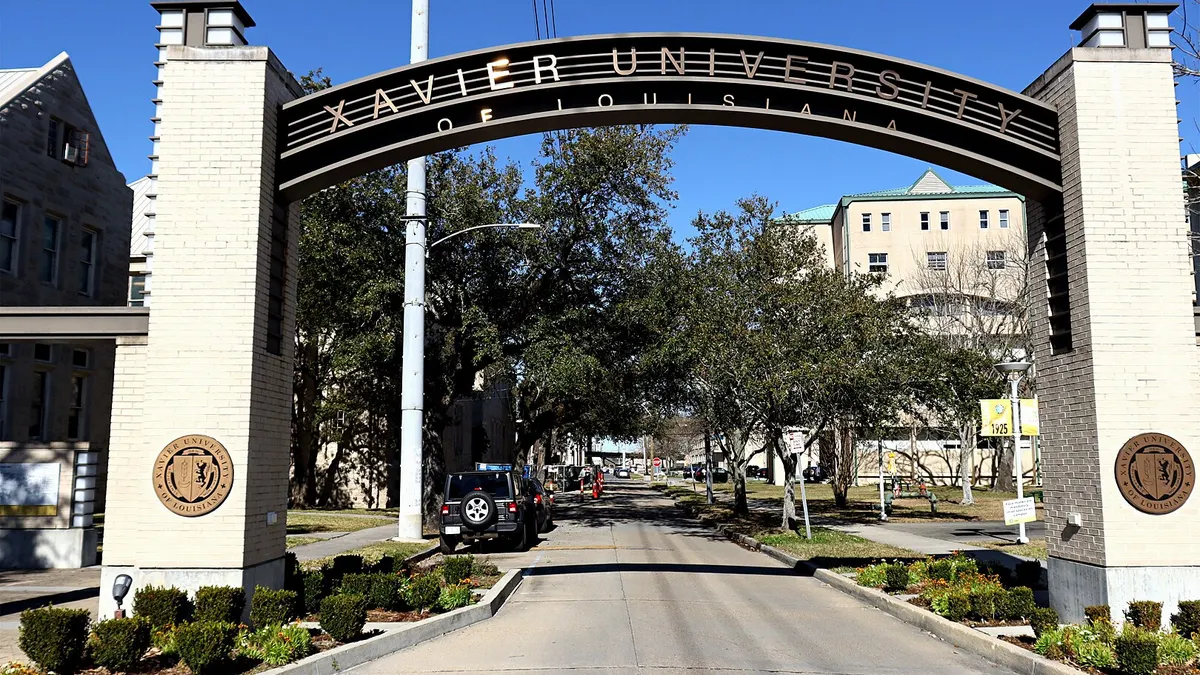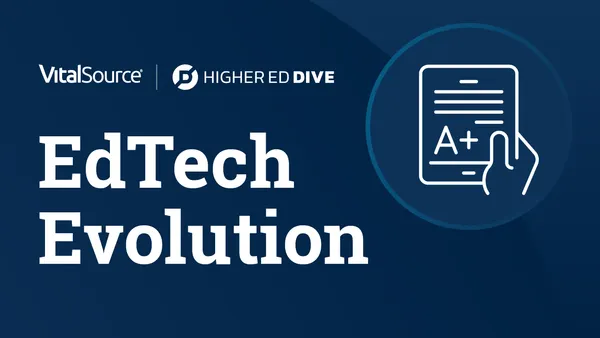Dive Brief:
- The Department of Education has been collecting feedback on proposed rules for how states should evaluate teacher preparation programs, and critics are crying foul for different treatment of programs based on delivery mode.
- Inside Higher Ed reports the proposed rules have been in the works for years, including through general rules that first were criticized for paying too much attention to brick-and-mortar programs, and now specific rules for distance education programs that some say has created a new set of problems.
- The rules would tie student outcomes to federal funding through the Teacher Education Assistance for College and Higher Education (TEACH) grants, and some educators are concerned they would be expensive to comply with and give states too much power.
Dive Insight:
Distance education programs make up an important subset of teacher preparation programs, especially as this next generation of postsecondary students looks for more flexibility to balance work and family responsibilities with school. Attention on a “failing” K-12 education system has created urgency to improve the pipeline of teachers. In the United States, research shows teachers routinely come from the lower ends of the college performance spectrum, while in countries with high-performing K-12 systems, teachers are far more often toward the top of their classes.
One worry about the proposed rules is teacher preparation programs that span multiple states would be at a potential disadvantage if states are given more evaluation power. They would have to gain approval from every state to keep the federal TEACH grants, which could be difficult.










